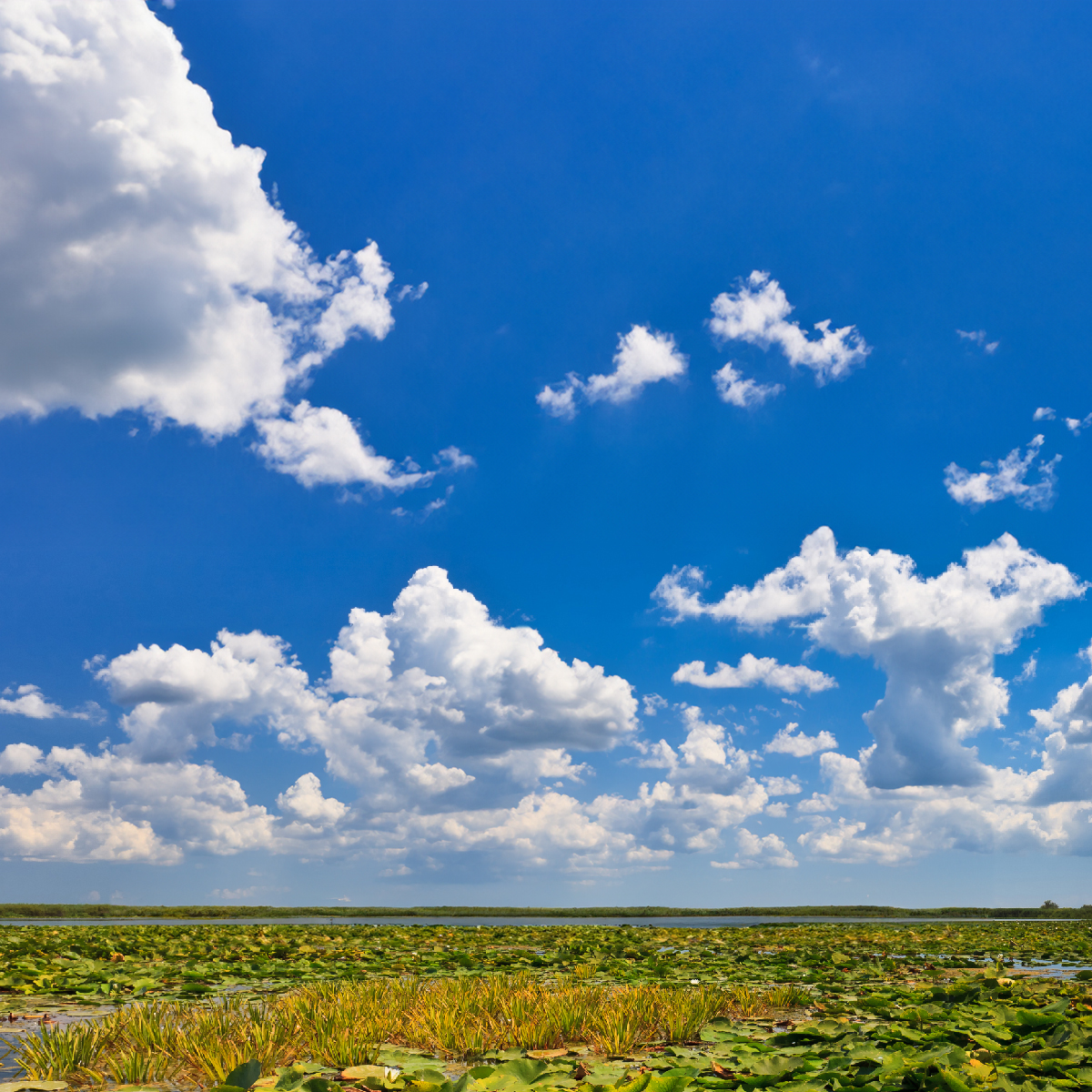Proiecte
PN23300302 – The impact of anthropogenic and climate changes, vulnerabilities, and adaptation measures to increase the resilience in the lakes of the Danube Delta Biosphere Reserve

| Responsible / Lead: | Dr. Irina Catianis, CS II |
| Coordinator: | GeoEcoMar |
| Beneficiary: | GeoEcoMar |
| Funder / Funding body: | Ministerul Cercetării, Inovării și Digitalizării |
| Funding scheme: | Programul Nucleu 2023-2026 |
| Duration: | 48 months |
| Start date: | 01.01.2023 |
| End date: | 31.12.2026 |
PN23300302 – The impact of anthropogenic and climate changes, vulnerabilities, and adaptation measures to increase the resilience in the lakes of the Danube Delta Biosphere Reserve
The research project, which has immediate applicability, highlights a significant topic in the study and assessment of the quality of the deltaic natural aquatic ecosystem components. Generally, the project’s relevance derives from fundamental principles and concepts related to preserving and conserving natural ecosystems, particularly due to unique ecosystems such as those of the Danube Delta Biosphere Reserve. To prevent the degradation of the Danube Delta’s natural environment – a valuable eco-region, internationally recognized as a UNESCO World Cultural and Natural Heritage site, Biosphere Reserve and Wetland of International Importance – it is important to promote sustainable measures aimed at protecting fauna and flora, reducing water pollution, combating fish poaching, promoting sustainable fishing practices, supporting nature-based tourism, and developing strategies for mitigating and adapting to unavoidable climate change. The integrative and systematic approach shapes the foundation for achieving the project’s objectives. A rigorous assessment of the current changes occurring in the unique ecosystems of the Danube Delta will be conducted using a multidisciplinary scientific and technical approach, deriving from various domains and fields. The research project database will be augmented with relevant information on real scientific and socio-economic interests that can be used to develop sustainable environmental and socio-economic restoration programs for the Danube Delta region. Several tools and methods will be used for interdisciplinary integration, including hydrological, sedimentological, biological, and geophysical surveys, including applications of geomorphological field mapping and topo-bathymetric measurements. The project outcomes will contribute to sustainable development and conservation strategies for the deltaic area, which is vulnerable to both natural (e.g., climate warming, floods, droughts) and anthropogenic (e.g., pollution, agriculture, uncontrolled conventional tourism) impacts.
This project aims to provide in-depth scientific knowledge and continuous monitoring of environmental changes under conditions of global climate change, including natural and anthropogenic factors affecting the Danube Delta. The goal is to highlight ecosystem evolution trends and develop programs that prevent, reduce, and ultimately obstruct the deterioration of environmental conditions and biodiversity in delta ecosystems.
Specific Objectives
- Survey and monitor the quality status of environmental factors (i.e., water, sediments and biota) under varying hydrodynamic conditions of the Danube River flow (i.e., wet season and high-water levels versus dry season and low-water levels) using advanced testing and measurement techniques.
- Apply geophysical measurements to investigate aquatic ecosystems.
- Survey and monitor changes in hydro-morpho-bathymetric indicators (e.g., water depth, water flow velocity and flow regime) using high-resolution acoustic imaging techniques and systems.
- Perform high-precision GPS monitoring of the deltaic system components (e.g., inter-distributary deltaic lakes, main and secondary water channels), including mapping the dynamics of emergent aquatic vegetation using high-resolution GIS, GPS, and remote sensing technologies.
- Survey and monitor changes in biodiversity components, specifically the qualitative and quantitative assessment of benthic communities and emergent plant associations, to determine the ecological condition of the investigated lakes.
- Investigate the impact of climate change on the Danube Delta environment, including the evaluation of habitat and ecosystem vulnerabilities.
- Use the results of complex investigations to develop proposals for preventing and mitigating the impact of climate change and the negative consequences of specific natural and anthropogenic factors, along with adapting to the new environmental conditions and preventing further decline of the Danube Delta ecosystem. This will aim to preserve biodiversity and ensure the sustainable use of natural resources in the Danube Delta.

